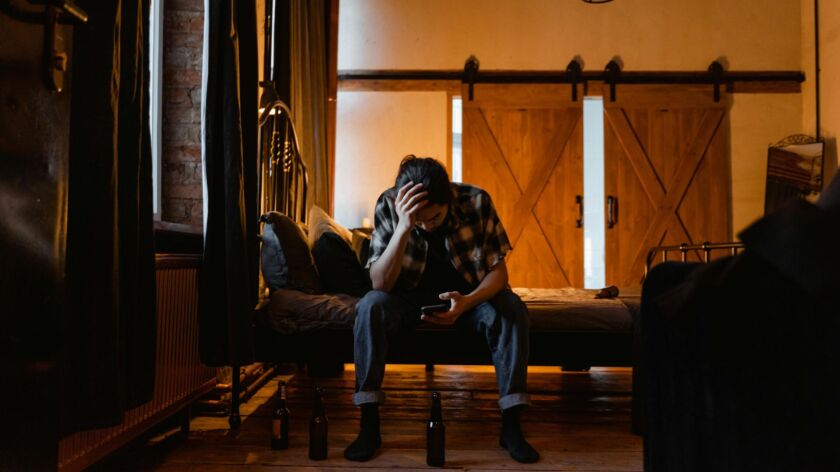This psychologist sees students struggling with social media: ‘They see the smartphone as an energy guzzler’
-
 Foto: MART PRODUCTION/Pexels
Foto: MART PRODUCTION/Pexels
Psychologist and lecturer Doeschka Anschutz trains students to improve their own mental wellbeing. The young people she meets rarely get happier from their phone.
How do I create balance in my life? Students who apply for a Lab of Life course at Radboud University are asked to ponder this question. ‘Many find it difficult to keep so many plates spinning: their study, student job, internship, social contacts,’ says Doeschka Anschutz, founder of The Lab of Life and lecturer in Communication Science.
‘They experience a lot of stress and become exhausted. In the training programme, they learn to create more balance between these various aspects, which often helps them to feel more content.’
Gen Z and the smartphone
This article is part of a triptych about the effects of smartphone use and social media on Gen Z. Also read: ‘Is Gen Z getting ruined by the smartphone?‘. An article about the impact of social media on our brain will be published tomorrow.
The smartphone turns out to be an energy guzzler that comes up in almost all conversations. When trainers ask students which things in life cost and which give energy, the phone rarely comes out looking good. ‘Students spend a lot of time on their phones, but they are almost never positive about it. Whether at an intermediate vocational school in Rotterdam or here at Radboud University, I they never say: ‘I really enjoy being on my phone a lot, it gives me lots of energy.’
According to Anschutz, students point specifically to the compelling and addictive aspect of social media. ‘They report having trouble putting their phones away, which prevents them from relaxing and affects their sleep, for example. They’re also afraid of missing out on things, or they feel that other people lead a much nicer life than they do.’
Reduce screen time
The lecturer finds the negative attitude of younger generations towards the smartphone somewhat surprising. ‘Older people, of course, tend to think that everything used to be better. You would expect a generation that has grown up with smartphones to be more positive, but I really don’t see that. In the end, nearly all of them say: that smartphone is not good for me.’

Anschutz and her colleagues encourage training participants to think for themselves on how they can tackle the obstacles in their lives. ‘We don’t give them tips on how to solve things. We encourage students to make a plan in which they set themselves goals. And here is a striking thing: almost everyone lists reducing screen time as a major goal.’
How they then plan to reduce that screen time does vary: ‘Some put their smartphones in a drawer at 8 p.m. so they can relax better. Others delete social media like Instagram or TikTok from their mobile phone because it’s the only way they can stay away from them.’
Students often set themselves goals like ‘read a book’, ‘go outside more often’ or do something ‘fun with a friend’, says Anschutz. ‘Goals that make you think: are you serious? And yet something so simple still turns out to be quite a struggle for many young people.’




